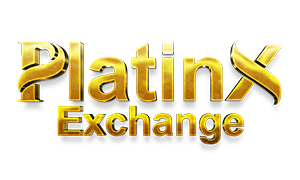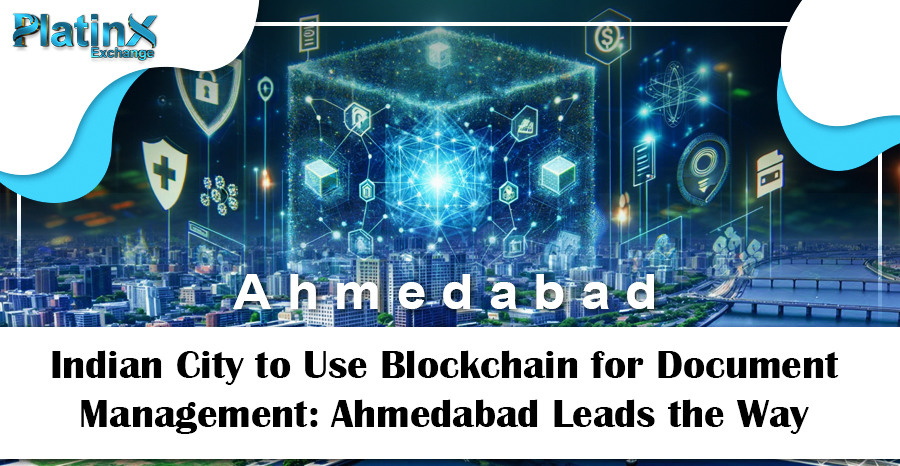The city of Ahmedabad is taking a bold step towards modernizing its administrative processes by adopting blockchain technology for document management. As part of this innovative move, the Ahmedabad Municipal Corporation (AMC) has initiated plans to develop a blockchain-based system that will ensure enhanced security, transparency, and efficiency in managing important documents like birth certificates, death certificates, and fire No Objection Certificates (NOCs). This initiative is a vital component of Ahmedabad’s drive to embrace cutting-edge technology, positioning the city as a leader in municipal reform in India.
Blockchain: A Game-Changer for Document Management
Blockchain technology has gained significant traction worldwide due to its decentralized and tamper-proof nature. When applied to document management, it provides a host of benefits, including enhanced security, data integrity, and ease of access. Ahmedabad is leveraging these strengths to replace the traditional manual document verification process with a more secure, efficient, and trustworthy digital system.
One of the key areas where blockchain is expected to bring transformative change is in the handling of Transferable Development Rights (TDR) transactions. These transactions are often complex and involve multiple stakeholders, making them susceptible to delays, errors, and even fraud. Blockchain’s immutable ledger will provide a permanent, transparent record of TDR transactions, ensuring accuracy and fostering trust among all parties involved.
Enhancing Document Authenticity and Security
The core advantage of implementing blockchain in Ahmedabad’s document management system lies in the heightened level of security it offers. The decentralized nature of blockchain ensures that documents are not stored in a single location, making it nearly impossible for unauthorized individuals to alter, forge, or corrupt the data. This will significantly reduce fraud, as each transaction is timestamped and can be traced back to its origin.
For sensitive documents such as birth certificates, death certificates, and fire NOCs, blockchain guarantees that the data remains authentic, secure, and verifiable at any point in time. This is especially crucial in cases where document authenticity can determine important legal or property outcomes.
Addressing Complex Transferable Development Rights (TDR)
In Ahmedabad, Transferable Development Rights (TDR) play a significant role in property development, especially in areas involving heritage sites and urban redevelopment. TDR allows property owners to transfer their unused development rights to other areas, but the process often involves extensive documentation and verification. Blockchain’s role here is to streamline these transactions by providing a clear, unalterable record, thus simplifying the process for both municipal authorities and property developers.
In the past, TDR transactions have faced challenges due to the manual handling of documents, leading to delays and mismanagement. With blockchain, all records related to TDR can be securely stored and easily accessed, cutting down on administrative burdens and ensuring a more transparent process. This will have a direct impact on urban planning, redevelopment, and conservation efforts in the city, particularly for heritage properties.
Automating Processes and Integrating Historical Records
Beyond improving security and efficiency, AMC’s blockchain initiative also aims to automate several administrative processes. By integrating blockchain with other digital systems, historical records can be merged with modern documentation, creating a unified digital database. This would be particularly beneficial in preserving and maintaining records over time, as blockchain ensures that historical data remains untampered and easily accessible.
Additionally, automating the processes around document issuance and verification means citizens of Ahmedabad will no longer need to deal with cumbersome paperwork or wait long periods for document approvals. Blockchain will enable real-time updates and reduce the workload on municipal staff, allowing them to focus on more critical tasks.
A Model for Other Indian Cities
Ahmedabad’s decision to implement blockchain for document management has far-reaching implications. Not only does this move modernize the city’s administrative processes, but it also sets an example for other Indian cities looking to improve their operational efficiency and transparency.
With the increasing need for secure and reliable digital infrastructure, blockchain offers a powerful solution for government bodies to manage vast amounts of sensitive data. The AMC’s project will likely pave the way for other cities to adopt similar measures, enabling them to enhance the delivery of public services and improve trust in government processes.
The Future of Municipal Services in Ahmedabad
The Ahmedabad Municipal Corporation’s blockchain-based document management system is a forward-thinking approach that promises to revolutionize how key municipal documents are handled. The use of blockchain will not only increase transparency and reduce fraud but also make municipal operations more efficient and accessible to the public. As more cities in India explore the potential of blockchain for their administrative needs, Ahmedabad stands at the forefront of this technological shift.
By adopting blockchain, Ahmedabad is taking a decisive step towards becoming a smarter, more efficient city. This ambitious project highlights the city’s commitment to using technology to improve the lives of its residents and strengthen the trust between citizens and the government.
In the years to come, Ahmedabad’s blockchain initiative could serve as a blueprint for other municipalities, helping them streamline their operations and offer more secure, transparent services to their citizens.
Ahmedabad’s adoption of blockchain for document management is a clear signal of the city’s intent to embrace modern technology for enhanced municipal services. By focusing on the authenticity and security of documents—especially in complex areas like Transferable Development Rights (TDR)—this initiative not only aims to boost efficiency but also to inspire confidence among its citizens. With blockchain’s potential to transform document management and urban planning, Ahmedabad is positioning itself as a leader in municipal innovation, paving the way for a smarter, more secure future for cities across India.

